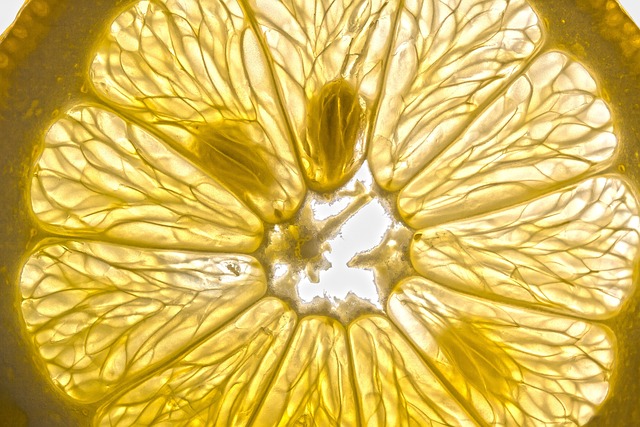Unleashing the Power of Probiotics: Boost Your Gut Health with These 5 Superstrains
Probiotics are living microorganisms that offer a range of health benefits when consumed in adequate amounts. These “good bacteria” are essential for maintaining a healthy gut and can be found in certain foods and supplements. In this blog post, we will explore how probiotics can improve your gut health and introduce you to five superstrains that can supercharge your digestive system.
Understanding Gut Health
The gut is home to trillions of microorganisms, collectively known as the gut microbiota. These microorganisms play a crucial role in various bodily functions, including digestion, nutrient absorption, immune system modulation, and even mental health. A healthy gut microbiota is diverse and balanced, with a wide variety of bacteria working together to maintain optimal digestive health.
Unfortunately, certain factors such as poor diet, stress, antibiotics, and infections can disrupt the balance of the gut microbiota, leading to digestive issues, weakened immune function, and other health problems. This is where probiotics come into the picture.
The Power of Probiotics
Probiotics work by replenishing and restoring the natural balance of beneficial bacteria in the gut. They help regulate digestion, reduce inflammation, enhance nutrient absorption, and promote overall gut health. Probiotics have been studied extensively for their potential in improving various gastrointestinal conditions, including irritable bowel syndrome (IBS), inflammatory bowel disease (IBD), and antibiotic-associated diarrhea.
Not all probiotics are created equal, though. Different strains of bacteria have different functions and can provide specific benefits. Here are five superstrains that have been backed by scientific research and proven to boost gut health:
1. Lactobacillus acidophilus
This strain of bacteria is one of the most widely recognized probiotics. It is commonly found in fermented foods like yogurt and kefir. Lactobacillus acidophilus aids in breaking down lactose, improving lactose intolerance symptoms. It also helps maintain vaginal health and supports the immune system.
2. Bifidobacterium longum
Bifidobacterium longum is found in the large intestine and helps maintain a healthy gut lining. It aids in the digestion of carbohydrates and the production of essential vitamins. This superstrain also supports the immune system and has been linked to a reduced risk of allergies and gastrointestinal disorders.
3. Streptococcus thermophilus
Streptococcus thermophilus is commonly used in the production of yogurt and cheese. This superstrain has been shown to boost lactose digestion, improve symptoms of lactose intolerance, and support healthy cholesterol levels. It also has antimicrobial properties, helping to fight off harmful pathogens in the gut.
4. Lactobacillus plantarum
Lactobacillus plantarum is known for its resilience and ability to survive the harsh conditions of the digestive tract. It helps maintain a healthy intestinal barrier, reducing the risk of leaky gut syndrome. This superstrain also produces antimicrobial substances that inhibit the growth of harmful bacteria.
5. Saccharomyces boulardii
Saccharomyces boulardii is a beneficial yeast strain that is resistant to antibiotics. It helps restore the natural balance of gut flora after antibiotic treatment. This superstrain has been extensively studied for its ability to prevent and treat antibiotic-associated diarrhea and other gastrointestinal infections.
How to Incorporate Probiotics into Your Diet
There are several ways to introduce probiotics into your daily routine. The most common sources include:
- Yogurt
- Kefir
- Sauerkraut
- Kombucha
- Kimchi
- Pickles
- Supplements
When selecting a probiotic supplement, look for a product that contains the superstrains mentioned above. It’s also essential to choose a reputable brand that ensures the viability and potency of the bacteria.
Conclusion
Probiotics offer a natural and effective way to improve gut health. By incorporating probiotic-rich foods or supplements into your diet, you can maximize the benefits of these beneficial bacteria. Remember to focus on consuming a diverse range of probiotic strains, such







